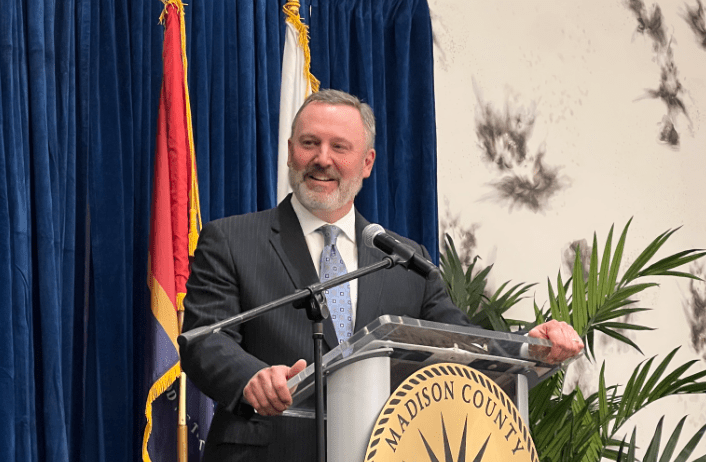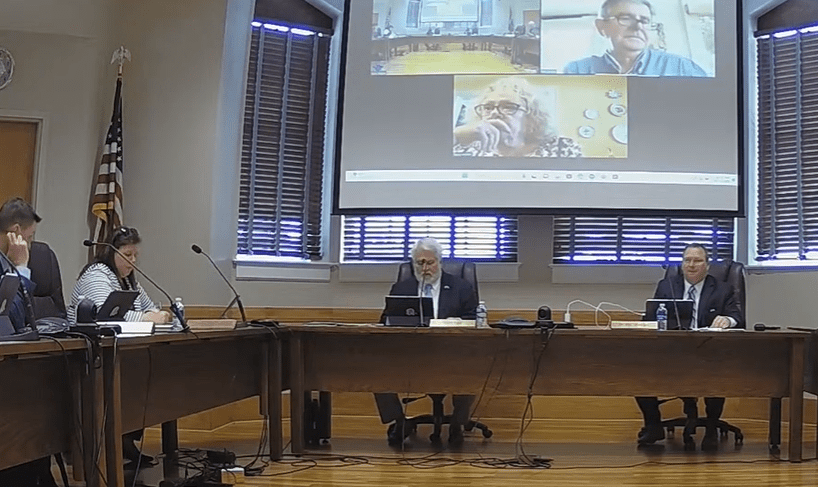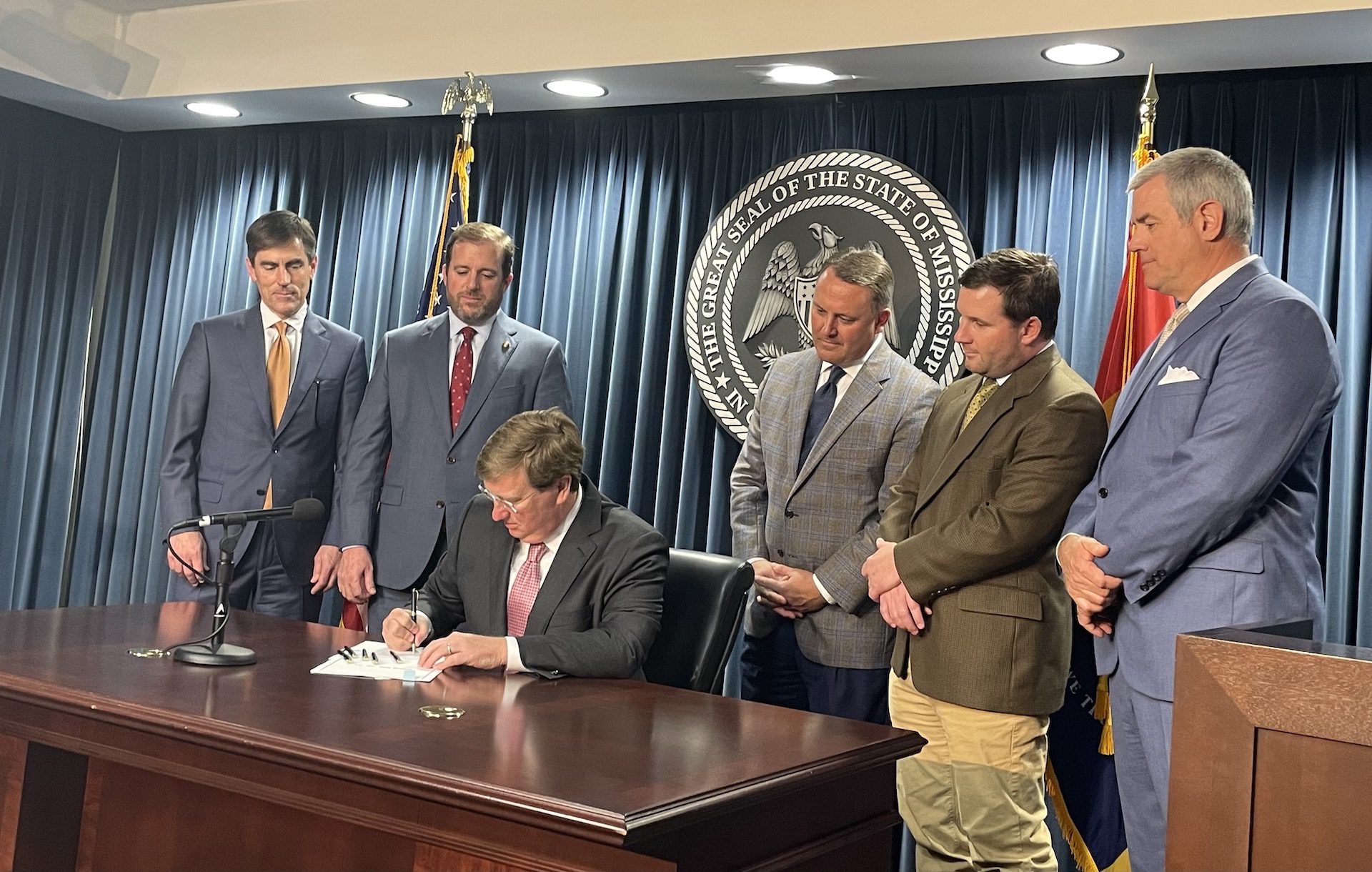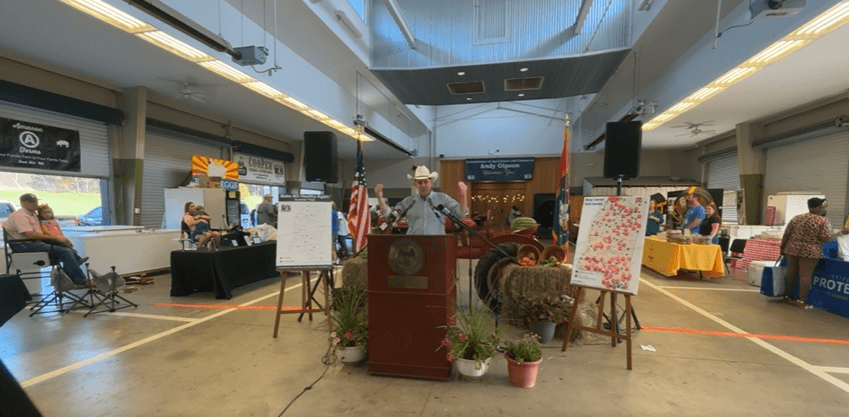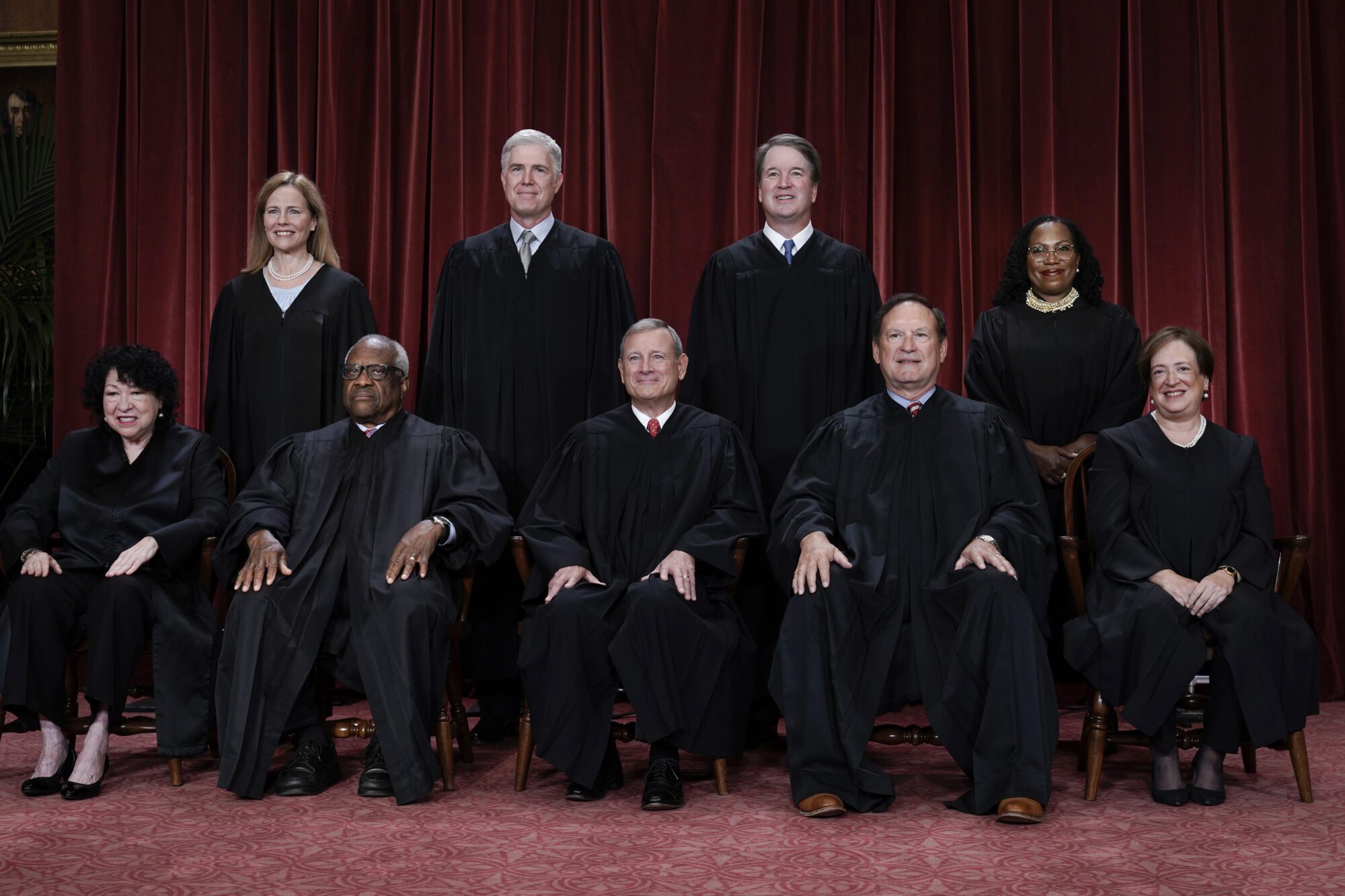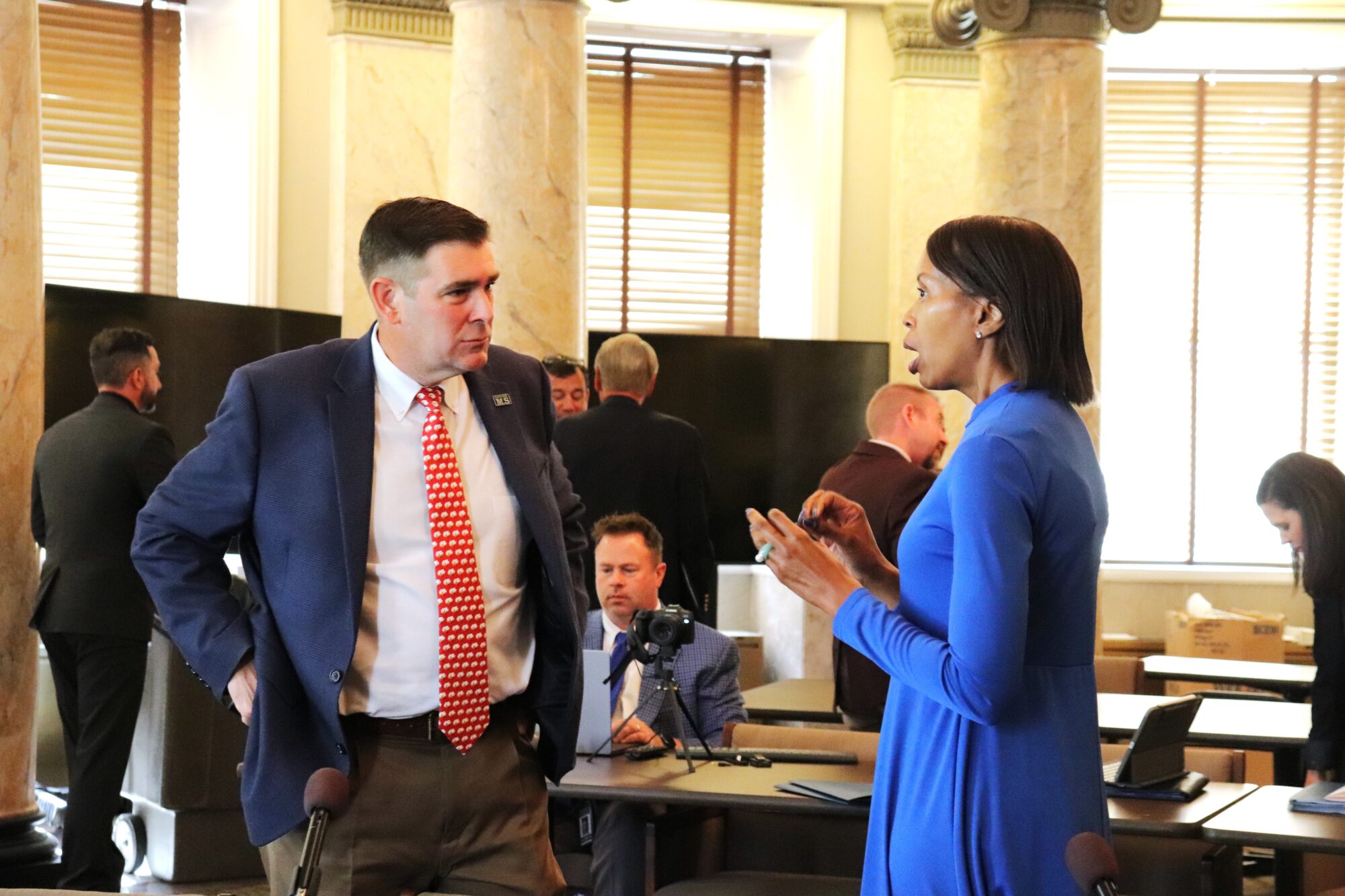
The study committee is tasked with determining what foreign interests own land in the state and how lawmakers should regulate such interests moving forward.
The Mississippi Study Committee on Foreign Purchase of Farmland met last week to discuss a recent development in their investigation into foreign owned land in the state.
The committee was formed in Mississippi after lawmakers were made aware that there were laws on the books to regulate foreign land ownership but that law wasn’t being followed. The committee members to determine whether or not any of the current land owned is within those statutory guidelines and recommend action, if necessary.
“My intent was to make sure that our foreign adversarial countries weren’t here buying our land, and unfortunately they are,” said State Representative Becky Currie who authored the legislation that created the committee.
But Mississippi is not the only state taking a look at who owns and leases land within their borders.
Watch the meeting here.
On October 17, it was reported that the state of Arkansas had moved to regulate foreign ownership of farmland in what is considered the first such action in the country. A company, Syngenta Seeds, with ties to the Chinese Communist government, has been ordered to divest its land after the passage and implementation of Act 636.
Secretary of Agriculture for Arkansas Wes Ward said the state has roughly 1.3 million acres of foreign owned land. The agriculture-chemical company was utilizing 160 acres in northeast Arkansas primarily for seed research. The company has owned the land since 1988. A 30-day deadline and fine have since been imposed on the company.
“It was a pretty clear case that they were in violation of the law that was passed because of their very direct ties to China,” said Ward, adding that the Department of Agriculture worked directly with the Arkansas Attorney General’s office in turning over the information that outlined the transaction and ownership from the company. He noted that the state also made sure to adhere to federal regulations in the investigation.
According to Ward, the law went into effect on August 1, giving land owners a two-year clock to divest any conflicting interests.
Progress of the task force
At this month’s meeting, Mississippi committee members heard a number of testimonies from state and federal officials who discussed the pros and cons of foreign farmland investment, whether that be from an ally or adversarial nation.
“We’ve covered a lot of ground in this Committee, and I want to commend all committee members for your involvement and participation. Foreign ownership of land is a very important topic, and there are many things we must consider. Some good questions have been posed, and we have had information from various viewpoints submitted. I am looking forward to compiling this information into a report for the Legislature,” said Commissioner of Agriculture and Commerce Andy Gipson.
Rep. Currie said she has spoken to farmers across the state and all are in support of the efforts to protect land ownership.
State Senator Brice Wiggins also sits on the task force. He said through the proceedings he has learned that the Dutch are actually the largest foreign land owners in Mississippi, with China owning roughly 0.2%. Since he has never considered the Dutch an enemy of the United States, he questioned what actions would result from this information.
Currie indicated discussions with realtors have brought up the possibility of a form included at LLC closings which would disclose a foreign interest. In the event that a country in which Mississippi has designated the state is not to do business with were to be part of that holding, the state could then retrieve the land back from that entity.
“I realize I may be within the minority with this, but our PERS system is not doing very well,” said Currie when pointing out that some entities are selling this land to pour into their retirement systems. “I’m just wondering why we have sat back and let somebody else make this money for their retirement system and us not make it for ours.”
When considering what foreign entities would be prohibited, Wiggins said it has been reported that other states refer to lists from the federal government such as the U.S. Secretary of State’s office or other federal agencies.
Senator Wiggins said attorneys have indicated that was the smart way to handle this issue. Currie agreed.
Arkansas, for instance, refers to 22 CFR 126 , which lists 16 different countries from Afghanistan to South Sudan and others in which sales and exports are restricted.
Casey Anderson, Executive Director of the Mississippi Forestry Association, a statewide nonprofit, cautioned lawmakers in limiting foreign investment in the state.
“Investment from friendly nations drives the value of Mississippi and U.S. timberlands and there are downstream benefits,” said Anderson. “These investments keep U.S. forests working and provide rural communities with good jobs, recreational opportunities, clean air and water.”
Anderson said the MFA are concerned with how regulating these foreign investments could have severe unintended consequences, particularly in the timberland industry.
“Foreign owners of forests in Mississippi share Mississippi values,” said Anderson. “They understand the important economic value of forests to Mississippi.”
Testimonies were also heard from American First Policy Institute Director for the China Policy Initiative Adam Savit and Mississippi Realtor Owen McIntosh.
In addition, the committee reviewed comments submitted by the public.
The study committee will meet once more in November. They are required by law to submit their findings by December and have the option to provide sample legislation as well.
